 Welcome
Welcome
“May all be happy, may all be healed, may all be at peace and may no one ever suffer."
Listeria infection

Listeria infection, also known as listeriosis, is a serious bacterial infection caused by the bacterium Listeria monocytogenes. This bacteria is commonly found in soil, water, and some animals, and can contaminate a variety of foods, including deli meats, soft cheeses, and smoked seafood.
Listeria infection can cause fever, muscle aches, and gastrointestinal symptoms such as nausea and diarrhea. In severe cases, the infection can spread to the bloodstream and central nervous system, leading to meningitis, encephalitis, and even death.
Pregnant women, older adults, and people with weakened immune systems are at highest risk for severe illness from listeria infection. In pregnant women, the infection can cause miscarriage, stillbirth, or serious illness in the newborn.
Diagnosis of listeria infection may involve a blood or spinal fluid test to detect the presence of the bacteria. Treatment typically involves a course of antibiotics, and in severe cases, hospitalization may be necessary.
Prevention of listeria infection involves practicing good food safety habits, such as thoroughly cooking meat and poultry, washing fruits and vegetables, and avoiding unpasteurized dairy products and other high-risk foods. It is also important to wash hands and surfaces frequently when handling food, and to refrigerate perishable foods promptly.
Research Papers
Disease Signs and Symptoms
- Fever
- Irritability
- Convulsions
- Confusion (Hallucinations)
- Headaches
- Diarrhea
- Nausea or vomiting
- Muscle pain
- Fever and chills
- Difficulty breathing (dyspnea)
Disease Causes
Listeria infection
Listeria bacteria can be found in soil, water and animal feces. People can get infected by eating the following:
- Raw vegetables that have been contaminated from the soil or from contaminated manure used as fertilizer
- Contaminated meat
- Unpasteurized milk or foods made with unpasteurized milk
- Certain processed foods — such as soft cheeses, hot dogs and deli meats that have been contaminated after processing
Unborn babies can contract a listeria infection from the mother.
Disease Prevents
Listeria infection
To prevent a listeria infection, follow simple food safety guidelines:
- Keep things clean. Wash your hands thoroughly with warm, soapy water before and after handling or preparing food. After cooking, use hot, soapy water to wash the utensils, cutting boards and other food preparation surfaces.
- Scrub raw vegetables. Clean raw vegetables with a scrub brush or vegetable brush under plenty of running water.
- Cook your food thoroughly. Use a food thermometer to make sure your meat, poultry and egg dishes are cooked to a safe temperature.
Precautions for people particularly at risk
If you're pregnant or you have a weak immune system, be particularly cautious about listeria. Take additional precautions with these types of foods:
- Soft cheeses and Mexican-style cheeses. Don't eat soft cheeses such, as feta, brie, Camembert or blue cheese, or Mexican-style cheeses such as queso blanco and queso fresco, unless it's clear from the packaging that the product was made using pasteurized milk.
- Hot dogs and deli meats. Avoid these unless they're reheated until steaming hot. Keep fluid from hot dog packages away from other foods, utensils and food preparation surfaces. Wash your hands after handling these products.
- Meat spreads. Don't eat refrigerated meat spreads. Canned or shelf-stable — meaning they can be safely stored at room temperature — meat spreads are acceptable. Refrigerate after opening.
- Smoked seafood. These products can be labeled as nova style, lox, kippered or jerky. It's OK to eat them in cooked dishes. Canned or shelf-stable smoked seafood is acceptable.
- Raw or lightly cooked sprouts. Cook sprouts of any kind thoroughly.
Disease Treatments
Treatment of listeria infection varies, depending on the severity of the signs and symptoms. Most people with mild symptoms require no treatment. More-serious infections can be treated with antibiotics.
During pregnancy, prompt antibiotic treatment might help keep the infection from affecting the baby.
Preparing for your appointment
If you have eaten food that has been recalled because of listeria contamination, see a doctor only if you have signs and symptoms of a listeria infection.
What you can do
Before the appointment, you might want to write a list that answers the following questions:
- What are your symptoms and when did they start?
- Are you pregnant? If so, how far along are you?
- Are you being treated for other medical conditions?
- What medications and supplements do you take?
You might also want to write a food diary, listing all the foods you've eaten for as far back as you can reliably remember. Tell your doctor if foods you've eaten have been recalled.
What to expect from your doctor
To help with diagnosis, your doctor might ask if you've recently eaten:
- Soft cheeses, such as brie, Camembert or feta, or Mexican-style cheeses, such as queso blanco or queso fresco
- Raw milk or cheeses made of raw (unpasteurized) milk
- Processed meats, such as hot dogs or deli meats
- Any foods that have been recalled
Disease Diagnoses
Disease Allopathic Generics
Disease Ayurvedic Generics
Disease Homeopathic Generics
Disease yoga
Listeria infection and Learn More about Diseases
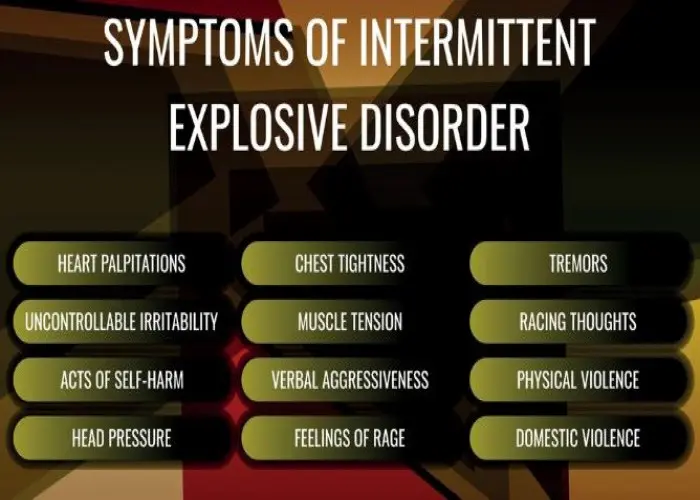
Intermittent explosive disorder
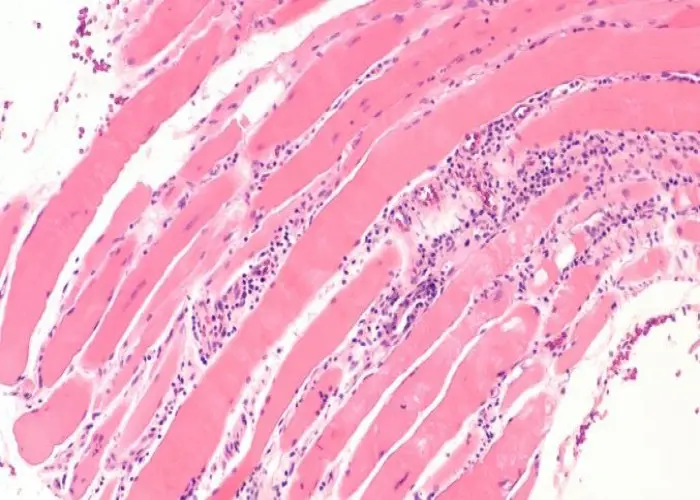
Dermatomyositis

Aortic aneurysm

Reactive arthritis

Patellar tendinitis
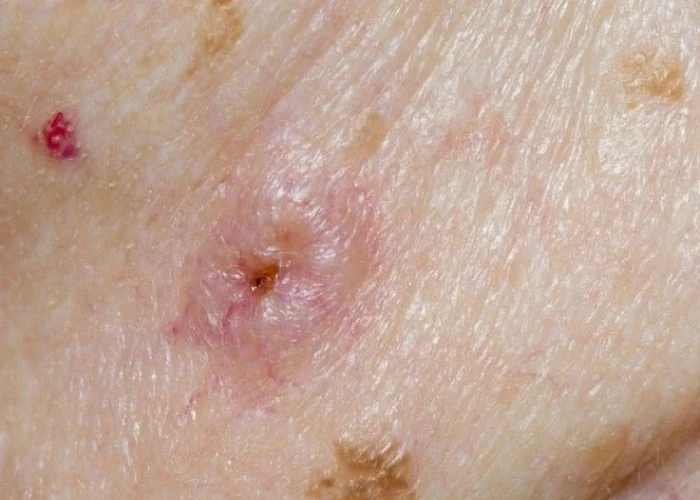
MRSA infection
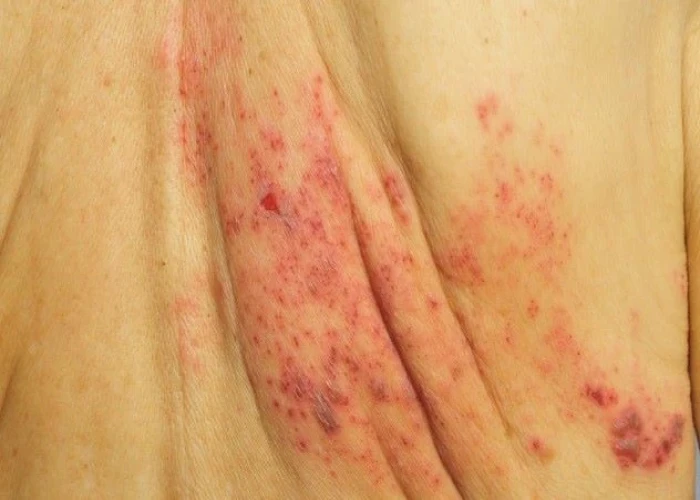
Postherpetic neuralgia
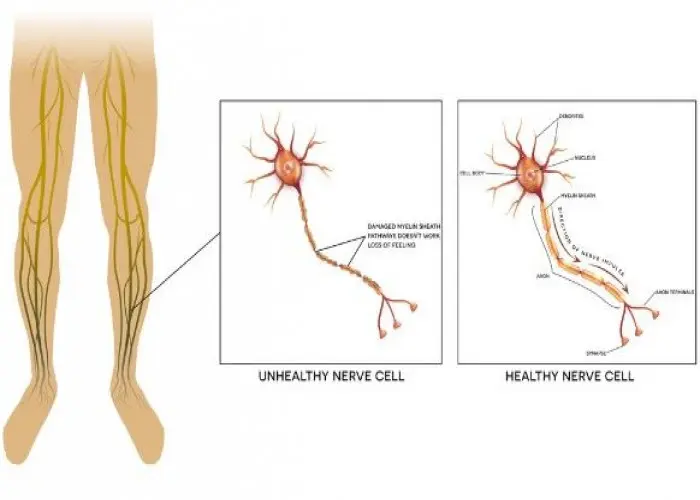
Diabetic neuropathy
listeria infection, লিস্টেরিয়া সংক্রমণ
To be happy, beautiful, healthy, wealthy, hale and long-lived stay with DM3S.
